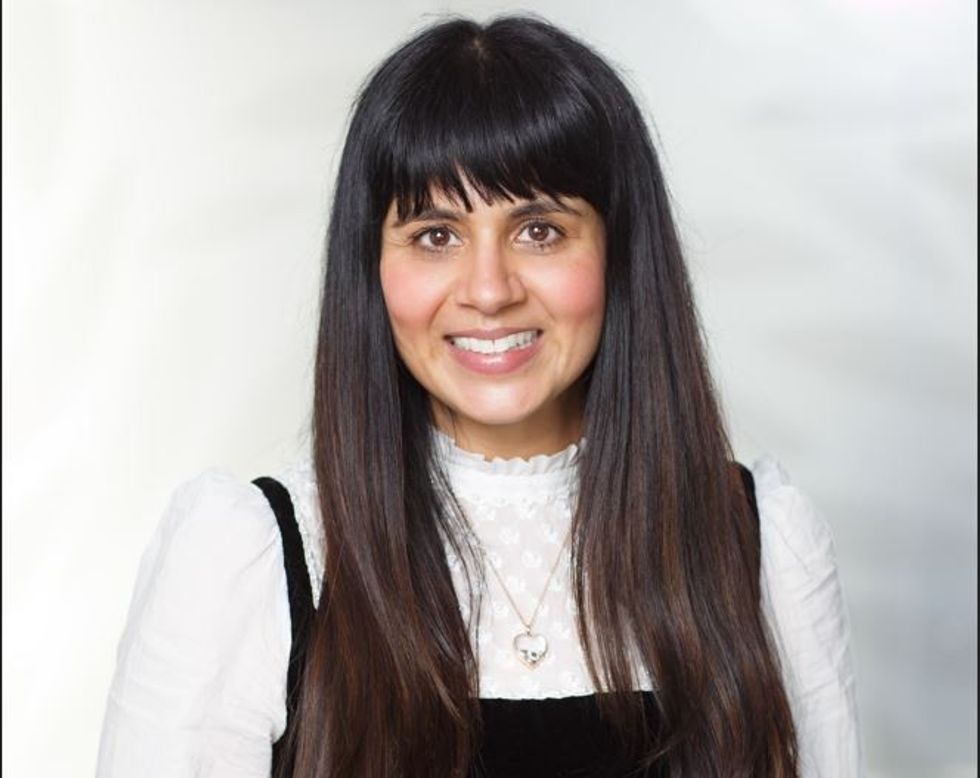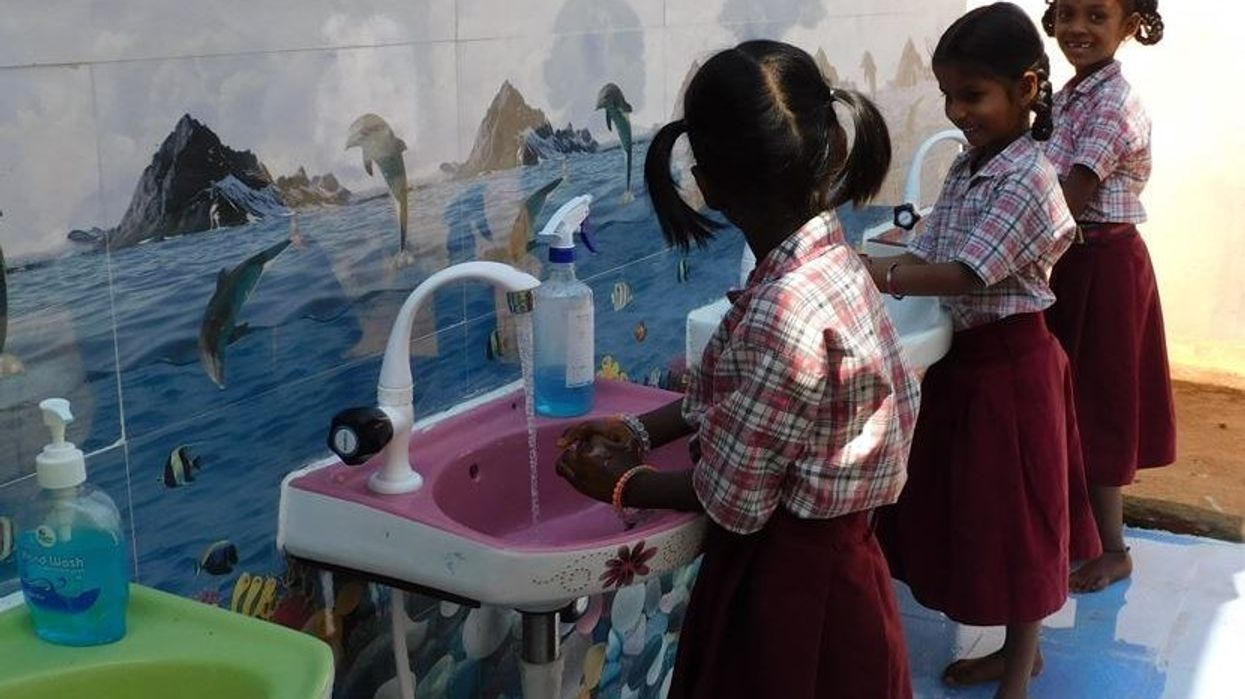Many childhood memories for me are filled with yearly trips to see family in Bangalore and Mumbai, spending time with relatives and accompanying my mum to go shopping so we could bring back Indian treats to the UK.
But the visit I made to India earlier this year was different. I wasn’t boarding the plane with my family. Instead of my family, I was teaming up with my colleagues from Unicef UK to understand more about the work being undertaken to support children throughout India and how future partnerships and philanthropy established here in the UK could contribute to India helping to meet the Sustainable Development Goals.
The SDGs, as they’re commonly referred to, are at the heart of an agreement called the 2030 Agenda for Sustainable Development which was adopted by all UN member states in 2015. While the agenda provides a shared blueprint for peace and prosperity for people and the planet, now and into the future, the SDGs are an urgent call for action by all countries, both developed and developing, in a global partnership.
They recognise that ending poverty and other deprivations must go hand-in-hand with strategies that improve health and education, reduce inequality, and spur economic growth – all while tackling climate change and working to preserve our oceans and forests. They range from ‘no poverty’ and ‘zero hunger’ to ‘reduced inequalities’ and ‘quality education’.
But, and it’s a big but, the latest SDG progress report found that globally, “many of the SDGs are moderately to severely off track”

It’s no secret that these goals may not be reached – but what many people don’t know is how important a part India plays in their success.
India is the world’s sixth largest economy. It covers 18 per cent (1,393 million) of the global population, 460 million of whom are children. And although its multi-dimensional poverty rate has been reduced from 55 per cent (2005-2006) to 28 per cent (2015-2016), the country still faces many challenges. There are nearly 22 neonatal deaths for every 1,000 live births; 39 million under five-year-olds are stunted; 46 million people do not have access to toilets; and there are 223 million child brides. These figures are huge and here at Unicef UK we are working hard with our colleagues in India to reduce them.
Over the course of 2021 and 2022, we rescued over 130,000 children from child labour and trafficking; trained 2.2 million healthcare workers in infection prevention and control; and reached more than 398 million children and their families with Covid specific messages.
During my trip to India, I saw this work in action. From working at a systems level with a national partner organisation to train and support midwives, and directly enabling schools to increase their provision of clean toilets and handwashing facilities, to engaging young women in a digital and financial literacy project, our colleagues and partners are having a massive impact on the achievement of the SDGs in India.
We’re working closely with government and community partners, and in doing so changing the lives of millions of children and young people.
Working with local partners and approaching private sector organisations, this programme was able to connect young people to stable housing and access to further education or employment opportunities, so that they could pursue their ambitious career aspirations. Because of this work, countless young care leavers were being given access to meaningful opportunities and the chance to build positive and successful outcomes.
Without our supporters here in the UK, from corporate partners in the private sector and high net worth individual philanthropists to individuals fundraisers and diaspora communities, this work wouldn’t be as impactful as it is.
And after my visit to India I can say with even more assurance than before that donors to Unicef UK, in whatever guise, should feel confident their support is making a difference. But if India is to unlock worldwide SDGs success, we all need to work together to help turn the key. We need to form more mutually beneficial, long-term and strategic partnerships. We need to see communities and businesses coming together to fundraise. We need to maximise our impact in India and, crucially, get SDGs back on track.
Mohini Raichura-Brown is Unicef UK’s deputy executive director, responsible for raising high-value income from across numerous teams, and is the first woman of colour in the executive leadership team at the organisation. Unicef is the United Nations Children’s Fund, working in the world’s toughest places to reach the most vulnerable children and adolescents – and to protect, promote and uphold the rights of every child, everywhere.




